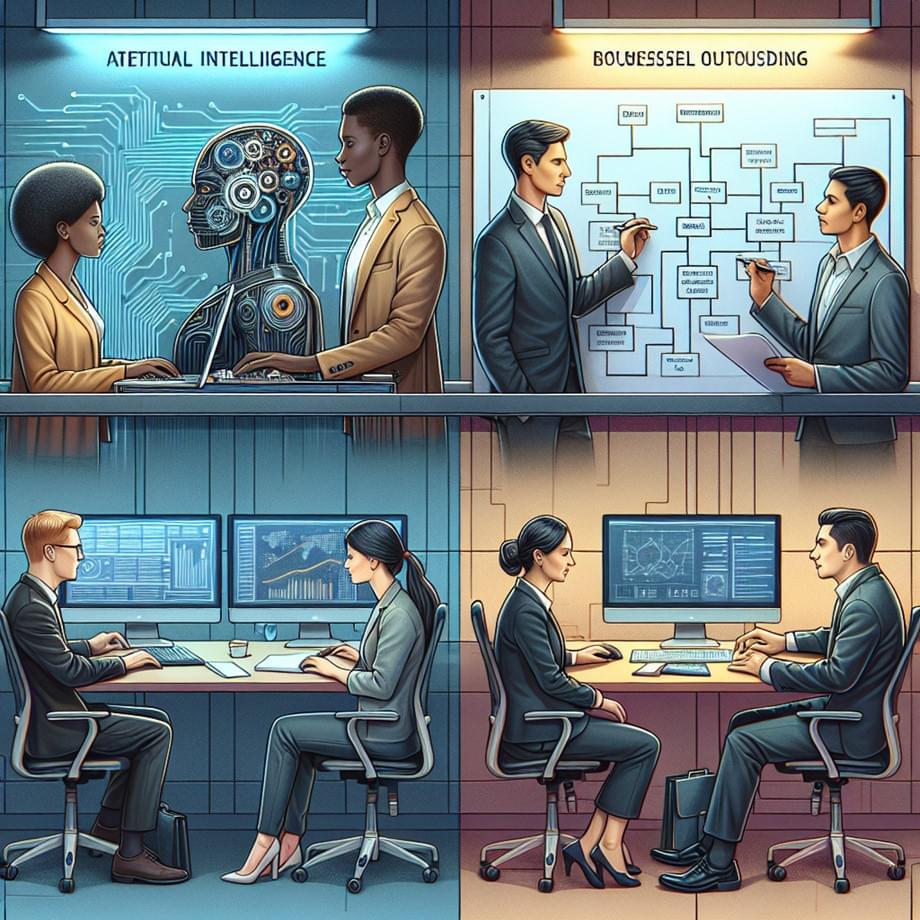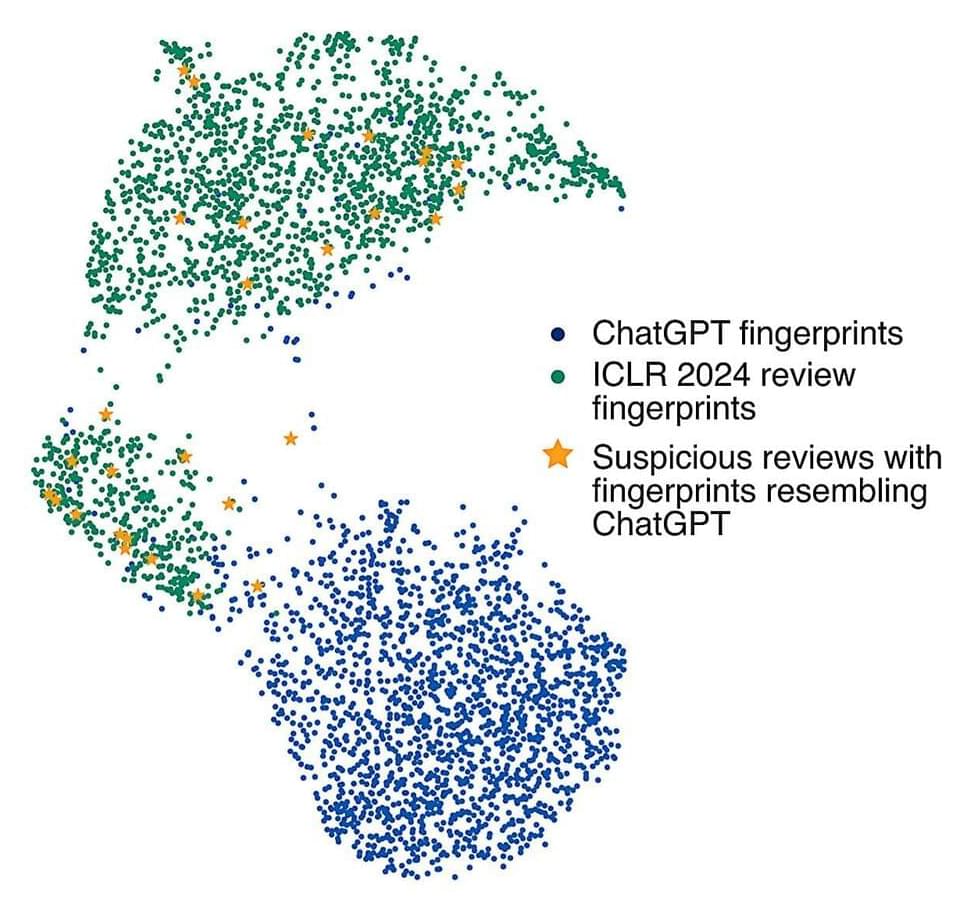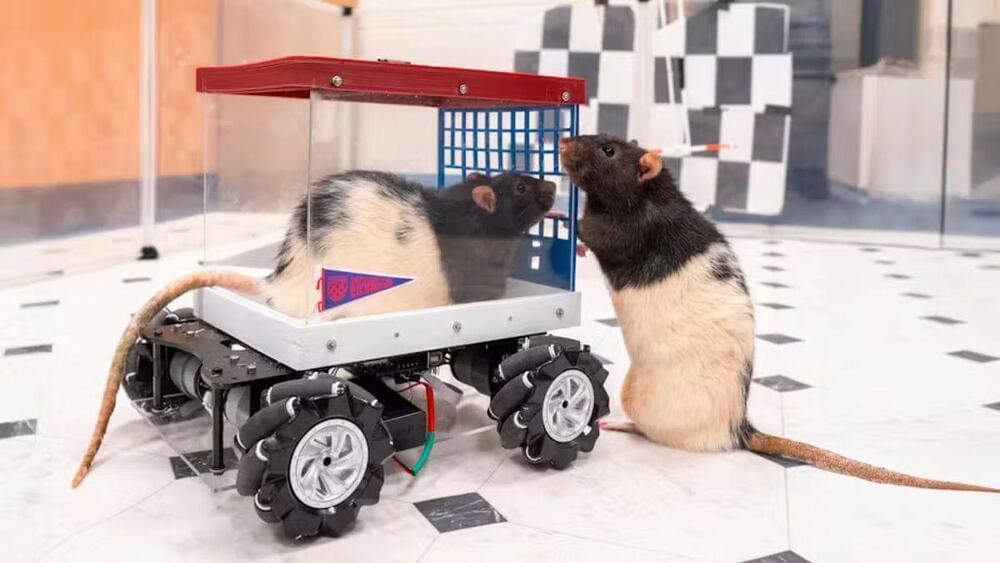
New research published by scientists at Kessler Foundation provides critical insights into the role of sleep in motor learning for individuals recovering from traumatic brain injury (TBI). The study sheds light on how sleep, specifically a short nap, influences brain activity associated with motor skill improvement, with implications for optimizing rehabilitation strategies.
The article, “Neural mechanisms associated with sleep-dependent enhancement of motor learning after brain injury”, was published in the Journal of Sleep Research. The study was led by Kessler Foundation researchers Anthony H. Lequerica, Ph.D., with additional authors Tien T. Tong, Ph.D., Paige Rusnock, Kai Sucich, Nancy Chiaravalloti, Ph.D., Ekaterina Dobryakova, Ph.D., and Matthew R. Ebben, Ph.D., and Patrick Chau, from Weill Cornell Medicine, New York.
The study involved 32 individuals with TBI, randomly assigned to either a sleep or wake group following training on a motor task. The sleep group had a 45-minute nap, while the wake group remained awake, watching a documentary.

















